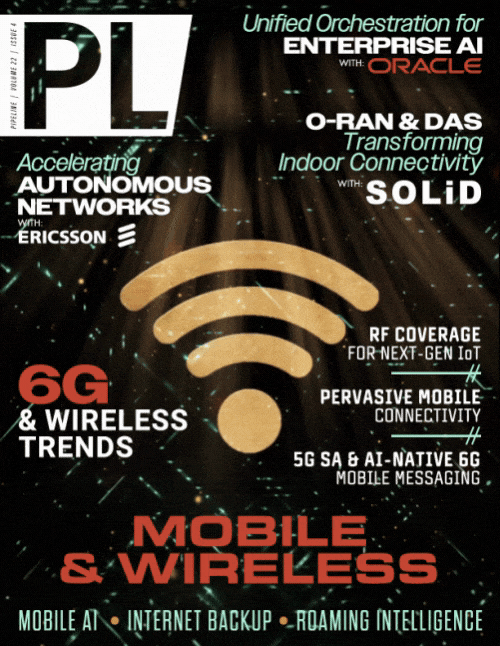News Center
Kcell and Ericsson Extend 5G agreementKcell and Ericsson Strengthen Partnership With 5G Agreement
Kcell and Ericsson announced an extended partnership aimed at accelerating the widespread adoption and development of 5G technology and related services throughout Kazakhstan. This collaboration marks a significant step towards ushering in the era of 5G connectivity and its transformative potential for both industries and consumers. The partnership envisions a roadmap spanning the period of 2023 to 2030, during which both companies will work in tandem to foster innovation, drive economic growth, and strengthen the country's technology infrastructure. The parties have reached an agreement to deploy Ericsson's state-of-the-art 5G technology over a significant area encompassing at least 50% of Kazakhstan's territory. The deployment will cover key regions including Almaty, Shymkent, and several others. This collaboration demonstrates the commitment of both companies to ensure that the benefits of 5G are available to a significant portion of the population, contributing to the growth of both urban and rural connectivity. One of the innovative aspects of this collaboration is the implementation of a single RAN approach for the 5G deployment. This approach involves the seamless integration of 5G into the existing 2G, 3G and 4G infrastructure, maximizing the efficient use of network resources and simplifying the transition to the new technology. This consistent deployment strategy underscores the partners' commitment to smooth and integrated technology development. As Askhat Uzbekov, Chairman of the Management Board of Kcell noted, 5G, unlike previous generations of communications technology, not only has the potential to improve various characteristics of wireless communications, including speed, latency, reliability, "density" of devices, and power consumption, but also the possibility to create new services and applications such as virtual and augmented reality (AR/VR), industrial internet of things (IIoT), and real-time control of robots, unmanned vehicles and drones. In addition, 5G can be used for fixed wireless access (FWA) in locations where it is not physically possible to lay internet cables due to complex terrain, and can be used to replaceme or complement to the wired "last mile" for residential and business customers. Fixed wireless access already prior to 5G, but its improved speeds, radio performance and wider bands means it is a more capable underlying architecture for delivering digital transformation, including for enterprises. Askhat Uzbekov, CEO at Kcell, commented: "In addition, the transition to 5G makes it possible the creation of a stack of technological platforms around which ecosystems are formed, and the telecom operator becomes a provider of platform services implemented by these technological platforms and provided to ecosystem partners. The operator can create and provide digital services itself, i.e., it can be a provider of end services as it is now, but it will create these services much faster and in much greater quantity and diversity than it does today. And I think cooperation with Ericsson will allow us to realize all these opportunities in the most efficient and seamless way." Andrea Missori, Head of South East Mediterranean and Eurasia, Ericsson, said: “We are excited to extend our partnership with Kcell as it marks a significant milestone towards positioning Kazakhstan at the forefront of Eurasia telecommunications innovation. We are building a network of the future that will not only offer superior connectivity for Kcell customers but also deliver an innovation platform that can help to transform industries and pave the way to a more connected digital society, fostering economic growth and societal advancement.” Source: Ericsson media announcement | |

















